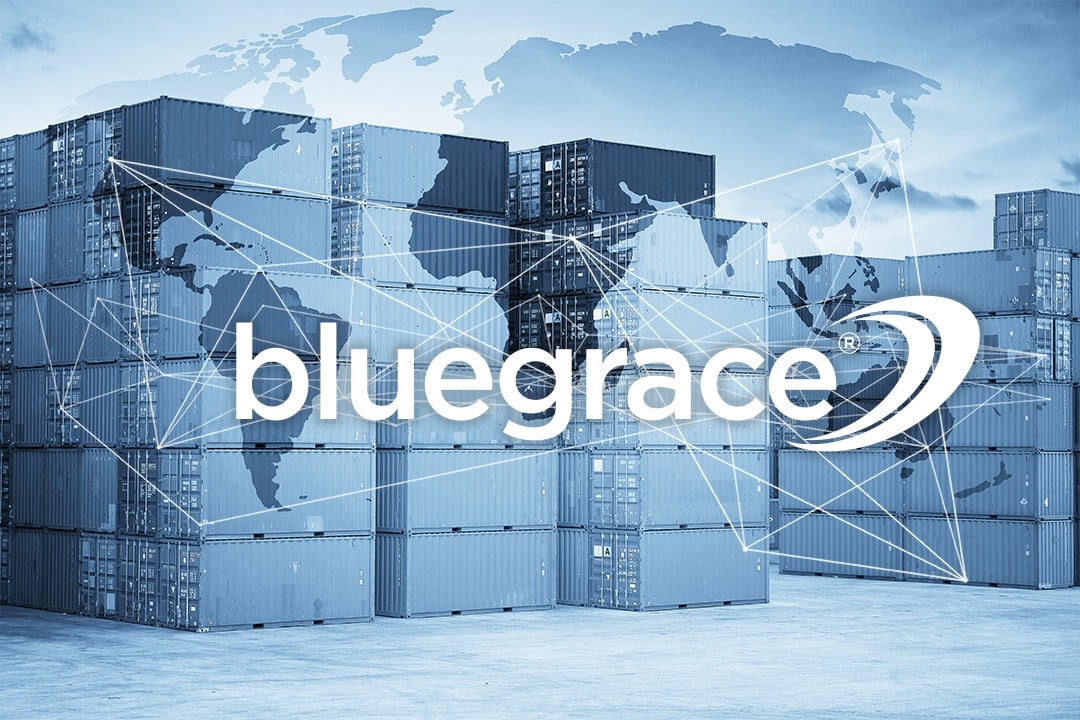
With the constant fluctuations in the global market, the freight industry is changing. With new technology, shipping demands, and changes in global policies, freight forwarders will also have to change to keep the pace. Logistics Trends and Insights has released their 2017 survey on the Evolution of the Freight Forwarder, which asked respondents how the freight forwarder is changing.
With the constant fluctuations in the global market, the freight industry is changing
“Indeed, the market is not only undergoing a redefinition, but it also has literally been caught in the middle of global, political and economic changes. Shifts in political thought favoring protectionism or populism, along with continued concerns within the ocean and air freight markets, have led many forwarders to seek acquisitions, new services, and new geographies in order to stay afloat. While gross revenues and volumes for many forwarders grew in the past year or so, they came at a price with lower profits and in some cases, a financial loss,” the report says.
What obstacles will forwarders have to overcome?
As the market continues to shift, what obstacles will forwarders have to overcome to keep pace with the changes within the freight industry?
Critical Pain Points for Forwarders
The major obstacles for forwarders according to the respondents, can be broken down into four categories. Tight margins make up the bulk of forwarders woes with 42 percent marking that as their primary concern. Rates and uncertain global environment are almost tied at 23 and 22 percent respectively. The remaining 13 percent lists capacity as their top concern, something which has been troubling the industry as a whole over the past few years.
Changing Customer Expectations
Of course, it isn’t just the market that is changing, but also the expectations of customers. The average consumer wants their products sooner and at a lower cost. To adapt, shippers need to push their supply chain in a new direction which means that forwarders have to be able to respond in kind. So what are customer expectations for a freight forwarder?
Shippers need to push their supply chain in a new direction
“Forwarders are indeed facing many challenges, but we must not forget the value they bring to the table. A new question for this year, we asked, “What do customers value most from a forwarder?” The majority of respondents, 33.7%, indicated trade expertise.
Visibility of cargo movements and ease and timeliness in booking freight
We found this interesting as it seems to play into the evolving definition of a forwarder as a facilitator, value-adder and a consultant. However, 45% of the responses were split among low rates, visibility of cargo movements and ease and timeliness in booking freight while 21.3% indicated additional thoughts including all of these choices, credibility, communication, and control, analysis, development of supply chain solutions.”
Changing Transportation
Another aspect of changing expectations from customers is that they want more ways to move their freight. As such, forwarders have to be able to provide multiple modes of transportation that best suit the customer’s needs. As a result, forwarders are seeing some changes in revenues based on modes of transportation.
Forwarders are seeing some changes in revenues based on modes of transportation.
Air transport is one of the biggest growing sectors of market gain shares for forwarders at 42.3 percent of the responses. Given the uncertainty of ocean shipping, it doesn’t come as much of a surprise that ocean freight has been on the decline for forwarders. Rail and trucking haven’t changed all that much. However, there has been a slight increase in rail use with 33 percent of responses indicating growth while only 14 percent have marked down that it was in decline.
Opportunities For Growth
Of course, the object of any successful business is to differentiate themselves from the competition. Niche markets are one strategy that some forwarders are going with, catering to specific needs of their customers, other forwarders might not be able to offer. However, 44.3 percent of the respondents said that their differentiation strategy would be to invest in new technology.
The object of any successful business is to differentiate themselves from the competition
“Indeed, technology is playing a major role in forwarders’ evolution. DB Schenker’s investment in UShip, DHL’s launch of its online freight marketplace CILLOX and even FedEx’s introduction of FedEx Fulfillment are all redefining the way items are fulfilled, booked and shipped.”
There is also the growing need for e-commerce fulfillment which will provide many opportunities for forwarders to attain desired growth in both fulfillment as well as cross-border services.
Overall, the need for freight forwarders will only continue to grow
Overall, the need for freight forwarders will only continue to grow, especially if they can continue to adapt to the growing requirements of a faster-paced supply chain as well as providing the necessary flexibility required for e-commerce fulfillment.
To request your copy of the white-paper, click here.



